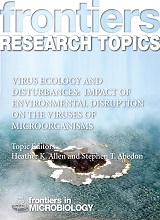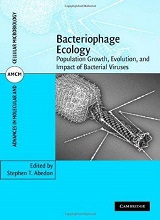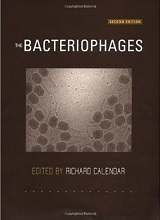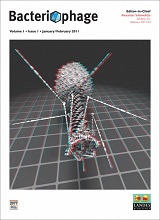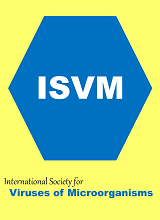

Equivalent to simply immunity, this is a mechanism by which superinfecting phages are blocked from successfully infecting due to the expression of repressor proteins by resident prophages.
In superinfection immunity phages that secondarily adsorb are able translocate their genomes into the cytoplasm of the bacteria they are infecting, but their infection is then blocked from proceeding. The result is survival of the lysogen as well as a greatly reduced potential for the establishment of polylysogeny. Only those phages that are homoimmune to resident prophages are impacted by superinfection immunity.
Although superficially one might consider superinfection immunity to be useful to the expressing prophage — "The immunity (phage repressor) and super-infection exclusion genes of prophages that protect against extra phage infection confer obvious selective advantages for the lysogenic host as well as for the prophage." (Brüssow and Kutter, 2005, p. 107, in Kutter and Sulakvelidze, 2005) — in actuality it is not at all certain that the benefits are substantial. For example, from Moineau and Lévesque (2005, p. 289, in Kutter and Sulakvelidze, 2005), "Although the presence of prophages may be, at least in theory, beneficial in protecting the bacteria against closely related phages..., the benefit of this superinfection immunity is limited because of the natural diversity of phage populations."
For more on this topic, see Wikipedia, Google, and PubMed. Contact web master. Return to terms.
